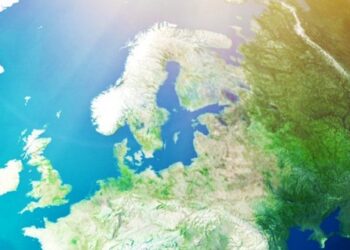Conference on the Integration of the Baltic LNG market
LNG Conference to be held on 2-4th December 2014 in Stockholm LNG Conference tackles with issues regarding LNG distribution and provides you with an exceptional place for integration of LNG market within the Baltic Sea Region. LNG outlook in EU, infrastructure development, funding for investments as well as demand in LNG shipping are the main topics of two days meeting. Among other ports and terminals, decision makers from 11 Baltic Ports, who are working on an harmonised approach towards LNG bunkering infrastructure, will gather in one place to discuss on their projects. Moreover, our discussion platform facilitates a dialogue with various actors, such as consulting companies, shipowners, gas infrastructure providers, energy traders and bunkering companies. The event enables you to learn on a flagship project in the EU Strategy for the Baltic Sea Region - LNG in Baltic Sea Ports. The project is response to the IMO’s sulphur directive and idea for being LNG as a marine fuel. 1st day: LNG Conference, Hilton Stockholm Slussen Hotel 2nd day: LNG in Baltic Sea Ports Projects – Final Conference of the LNG in BSP Project I and kick-off of the LNG in BSP Project II, on-board Viking Grace More information on ...
Read moreDetails























































